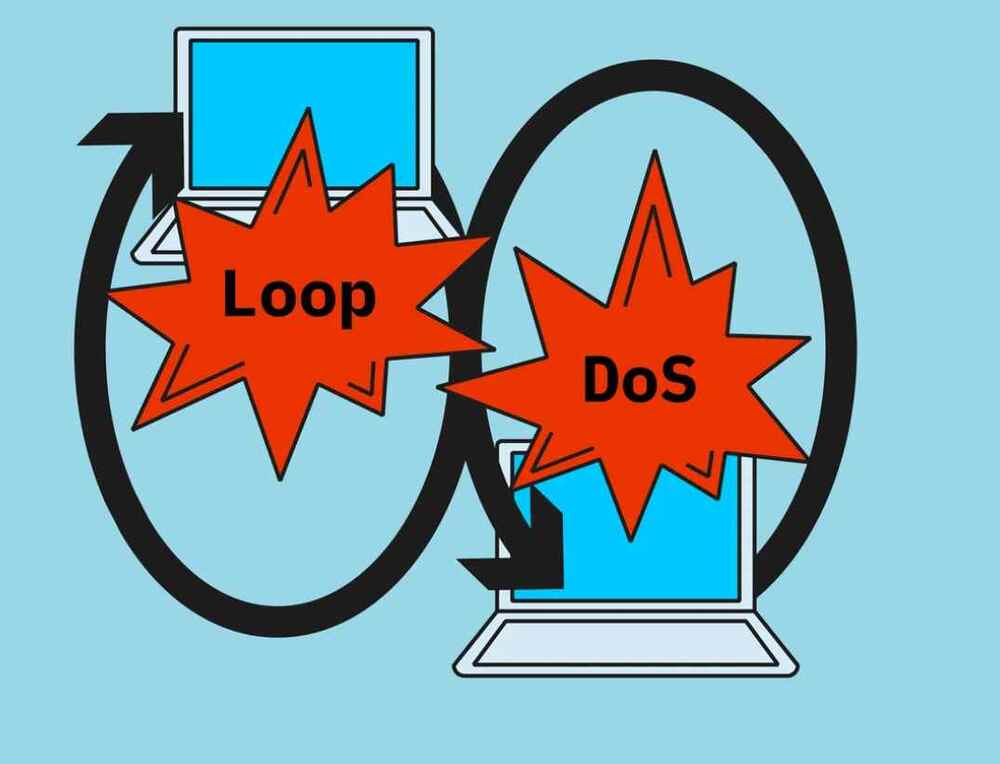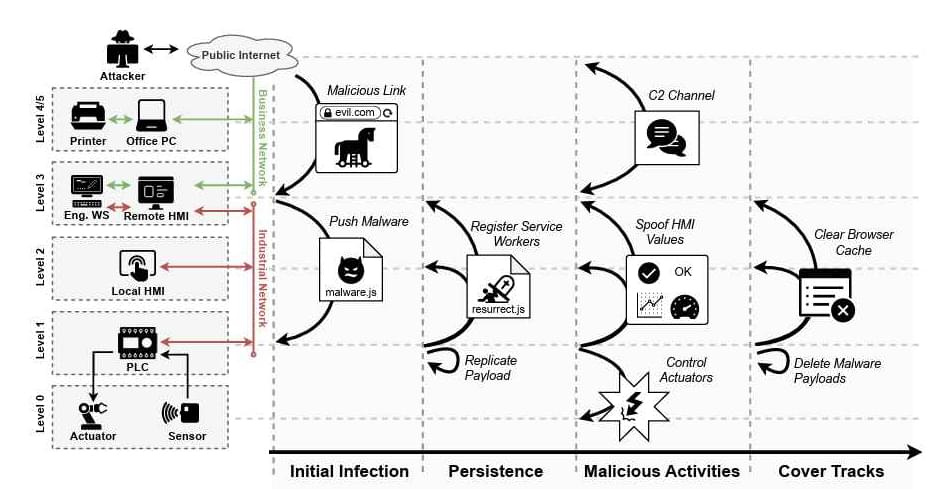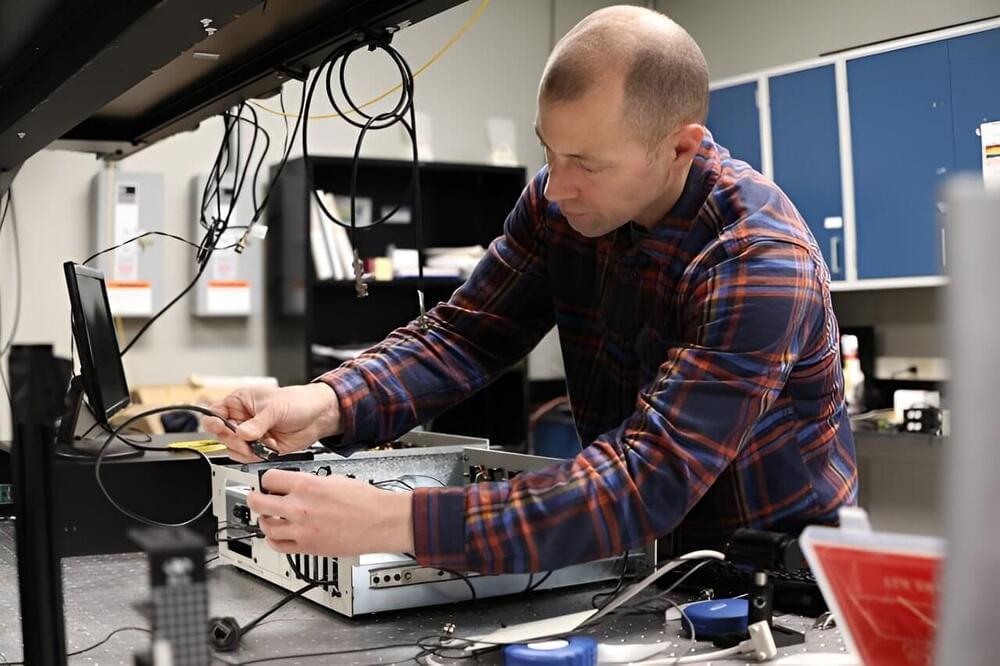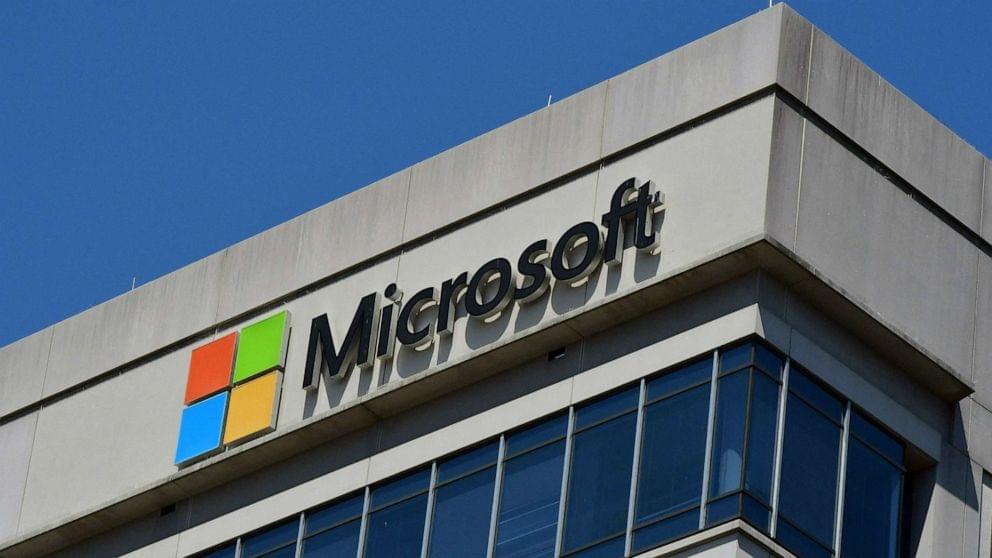Data security — information security newspaper | hacking news.






A surgery team in the UK successfully utilized the recently-released Apple Vision Pro to assist spinal surgery — a fascinating use case for the augmented reality (AR) headsets that goes far beyond movie-watching, productivity-hacking, or distracted driving.
As Business Insider reports, the expensive “spatial computing” device was used to execute two microspinal procedures at London’s Cromwell Hospital. To be clear, it wasn’t the surgeons themselves who were wearing bunky AR headsets. The device was instead donned by an assisting surgical scrub nurse, who according to a press release used headset-integrated software called eXeX to access things like “surgical setup and the procedural guides from within the sterile field of the operating theatre,” in addition to any needed data or surgical visualizations.
So, in short: coupled with the eXeX software, the headset offered the folks in the operating room hands-free access to documents and other information related to the procedure and its workflow. Pretty cool!



A Russian state-backed group that Microsoft said hacked into its corporate email accounts was able to gain access to its core software systems, the company announced on Friday.
Microsoft said its security team detected the attack in January and identified the group responsible as Midnight Blizzard, “the Russian state-sponsored actor also known as Nobelium.”
“In recent weeks, we have seen evidence that Midnight Blizzard is using information initially exfiltrated from our corporate email systems to gain, or attempt to gain, unauthorized access,” Microsoft said in a blog post update on Friday. “This has included access to some of the company’s source code repositories and internal systems.”

Generative AI is quickly transforming the way we do things in almost every facet of life, including the evolving landscape of data management and cybersecurity. Cohesity, a company focused on AI-powered data management and security, launched Cohesity Gaia to apply generative AI in a unique way designed to enable customers to access, analyze, and interact with their data.
Cohesity Gaia is a generative AI-powered conversational search assistant. Cohesity blends Large Language Models with an enterprise’s own data and provides organizations with a tool to interact with and extract value from their information repositories. The platform is designed to enable natural language interactions, making it easier for users to query their data without needing to navigate complex databases or understand specialized query languages.
At its heart, Cohesity Gaia leverages generative AI to facilitate conversational interactions with data. Instead of searching through files or databases in the traditional manner, users can engage in a dialogue with the data, asking questions and receiving contextually relevant, accurate answers.
